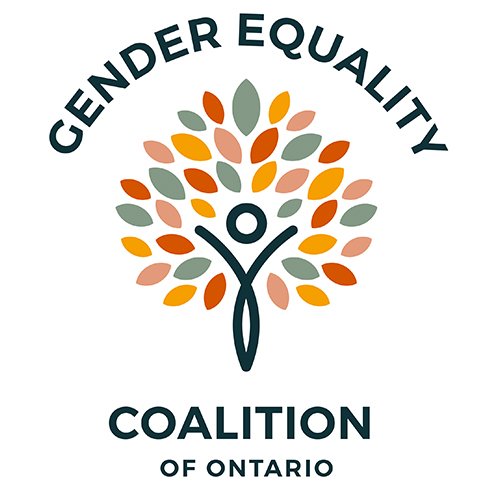How does stalking and harassment affect survivors?
Stalking is unwanted and persistent surveillance by an individual or group toward another person.
Stalking behaviors are interrelated to harassment and intimidation and may include following and monitoring a victim’s behaviour, both in-person and, increasingly commonly, online.
Harassment covers a wide range of behaviours of offensive nature. It is commonly understood as behaviour that demeans, humiliates, and intimidates a person, and is intended to do so – harassment behaviours are those that are understood, or should reasonably be assumed, to make the recipient feel uncomfortable. In practice, harassment is an extension of stalking, and often involves a perpetrator using multiple methods of contact even though they are aware their victim does not want to be contacted.
When we read the word “surveillance” in the definition of stalking, it can sound somewhat ‘hands-off’ and minimally intrusive. However, both stalking and harassment are invasive and dangerous.
In Canada, when a victim becomes worried or concerned about their safety due to stalking and/or harassing behaviour, this is a crime called Criminal Harassment – Stalking. And it is not like the movies – it is worse. Ask any victim of stalking – the surveillance is an interference in their lives that caused fear and grave concern, with survivors often going unaware of the extent of the monitoring for long periods of time.
The experience is alarmingly common; according to Statistics Canada,
More than 1 in 10 women (15 years of age and over) have been victims of stalking in Canada alone.
Obscene phone calls is the most frequently reported form of stalking among female victims.
Almost all perpetrators of stalking are known to their victim, with most being current or ex-romantic partners. Those who are stalked by former intimate partners are at greater risk of serious harm, including physical violence.
Only around a third of stalking victims report stalking to the police – however, this number is realistically probably lower in practice due to the sheer number of victims who are unaware of the stalking and harassment taking place, or who do not have the knowledge or means to place a report.
In cases where victims are able to take out injunctions to protect them from further stalking and/or harassment, around half of injunctions are violated by perpetrators.
After accessing support, and now that we are safe, we have chosen to share our own experiences;
Norma: “My stalking incident started innocently enough, but I realized I was being stalked when I was afraid to answer my phone. When I was out in public, I would constantly look around to see if the person stalking me was there. The energy needed to live with constant fear is relentless. I was lucky. I was able to divert the attention of the stalker away from me. I just hope he did not exhibit the same behaviour with another woman. But I was able to take action only when I talked to close friends about what was happening and they could help me see what was happening and what to do.”
Rachel: “Having assumed that stalking existed only in a physical sense, I was not aware at the time of how to protect my digital life from my perpetrator. I was a victim of stalking over a long period of time, through my partner having been – without my knowledge – logged into my online banking, my travel apps, my social media DMs, and having ongoing access to my GPS location via my phone and laptop. He was everywhere, and would often joke about ‘knowing me better than I knew myself’ when I got confused about how he knew details I didn’t think I’d told him. The experience made me feel like I was crazy. Stalking and harassment through the internet and technology is now a very real threat to survivors of abuse, and one which we should all be equipped with the necessary understanding to recognize it and seek help.”
Everyone should know “what to do” if they are being stalked/harassed:
Think about your safety and get help. The first thing to do is reach out for support, from a specialist domestic abuse support service (who will not push you to make a report), or the police, if you feel able.
Tell the professionals what is happening. Let them know that you fear for your safety, or for the safety of someone you know. Ask for support and information to help you cope, and get a safety plan in place with the support of a domestic abuse specialist.
If you are in immediate danger, do not hesitate to dial 911 and ask for the police.
There are so many reasons that people might incorrectly feel that stalking behaviour is justified. None of them are right.
Let’s help each other stay safe out there – look for the behaviours and help others if they need the support.
- Norma Yau, Advisory member of GECO, and Rachel Morrison, Secretary of the Board of GECO
Sources:
Family Violence Publications - Stalking is a crime called criminal harassment
Statistics Canada - Family Violence in Canada: a statistical profile, 2005

